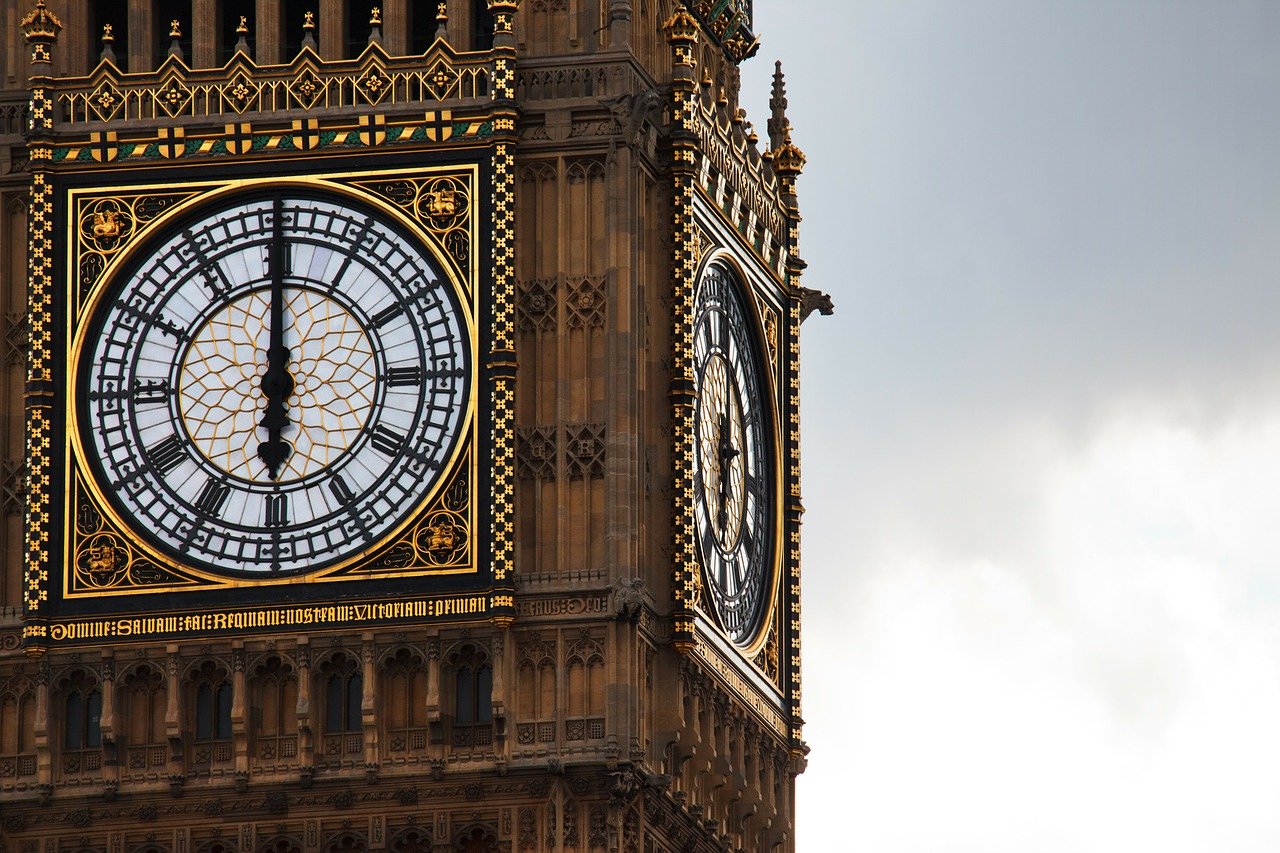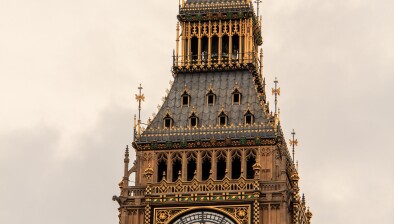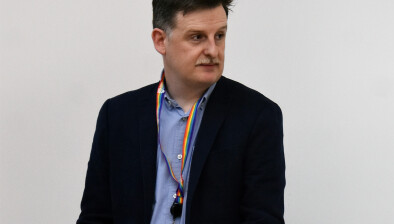Westminster committee calls for revitalised United Kingdom

A committee of the House of Lords has called for the creation of a revitalised, better-functioning and less rancorous United Kingdom in a new report.
In Respect and Co-operation: Building a Stronger Union for the 21st century, published today, the Constitution Committee details a series of reforms to strengthen the union.
State of the union
Improving the shared governance of the UK will require a greater degree of respect and partnership between the different layers of government than exists at present.
The committee believes the UK’s constitutional arrangements can provide the best of both worlds for its constituent nations. This requires significant devolved autonomy complemented by the pooling of resources and sharing of risks, to ensure greater resilience in its collective response to challenges, such as the pandemic.
The committee has expressed concern about the tendency to ‘devolve and forget’, and while it welcomes the government’s stated commitment to the Union, it believes it needs to set out a clearer vision about how it will be shaped in the 21st century.
Sewel convention
The Sewel convention is a fundamental part of the UK’s devolution arrangements and for it to operate well, constructive relationships are required between the UK government and the devolved administrations. The committee believes that other than in exceptional circumstances, the UK government ought not to seek to legislate in devolved areas without consent. The committee also calls for more meaningful dialogues between the UK Parliament and devolved legislatures on legislative consent issues, as well as greater accountability from the UK government about its approach.
Intergovernmental relations
The report welcomes the recently published Review of Intergovernmental Relations but believes the new structures will only be a success if they are accompanied by a stronger culture of respect, co-operation and partnership between the UK government and the devolved administrations. This should facilitate joint working on addressing shared challenges like Covid and climate change.
The committee believes prime ministers have a critical role to play in making the new intergovernmental structures a success, including chairing regular meetings of the new Prime Minister and Heads of Devolved governments Council. Greater transparency, and accountability to Parliament, about the government’s engagement with the devolved administrations is also required.
New co-operation between legislatures
The renewed intergovernmental relations should be accompanied by enhanced interparliamentary relations to allow all legislatures in the United Kingdom to scrutinise the new intergovernmental arrangements, holding their respective executives to account and helping to foster greater mutual respect between them. The committee visited the Scottish and Welsh Parliaments and met with a Northern Ireland Assembly committee and detected a strong appetite for greater interparliamentary engagement with the UK Parliament in future. The committee believes that the House of Lords can play an important role in facilitating this.
Governance of England
The report strongly supports the development of devolution within England, to help improve economic performance and address regional inequalities. It believes greater decentralisation will not only help to strengthen the governance of England but will also benefit the overall health of the Union, by rebalancing power between central government and the other parts of the UK. Considering its importance, the committee regrets the long delay in the publication of the government’s Levelling Up white paper. Once published, it believes its success will require a long-term commitment, establishing cross-party support delivering effective and properly resourced devolution within England.
The committee believes the current deals-based approach to devolution is not sufficiently ambitious and calls on the government to develop a more principled devolution framework, in co-operation with local government to provide a clear baseline for further devolution of powers within England. It also believes building greater capacity and capability in English local government will be critical to the successful extension of devolution within England.
Funding arrangements
The committee believes the Barnett Formula requires reform to introduce a fairer allocation of funding between the four nations and calls on the government to examine how funding arrangements could more effectively address relative needs across the UK.
The report recommends greater fiscal devolution to devolved authorities in England, including rationalising the existing funding pots available to facilitate longer term planning and to free up local government capacity to focus on exercising devolved powers.
To rebuild trust and partnership, devolved administrations and English devolved authorities should have a more constructive role in the governance of the Shared Prosperity Fund, including decisions about local priorities and the allocation of funding.
Professor Stephen Tierney, legal adviser to the committee, told our sister publication Scottish Legal News: “In the course of its inquiry the committee sought the input of politicians, practitioners and academics from across the United Kingdom, meeting with the Constitution, Europe, External Affairs and Culture Committee of the Scottish Parliament and holding an evidence session in Edinburgh.
“The report is forward-looking and optimistic but it also alive to strains within the constitution which it argues require to be addressed without delay. The committee offers detailed recommendations in relation to the operation of the Sewel convention, the governance of England and funding arrangements. Its main focus is upon better shared governance through intergovernmental and interparliamentary relations; arguing that a change of mindset is essential if a more co-operative Union is to be fostered, based on a renewed sense of respect and partnership.”
Baroness Taylor of Bolton, chair of the Constitution Committee said: “The United Kingdom, The Union, marks its centenary in 2022. After the challenges of Brexit and Covid-19 there is a clear need and a clear opportunity to reset relationships between its constituent parts to achieve a better functioning Union. This will help us to keep pace with the rapid changes and many challenges that confront all of us and which every layer of government will have to address in the 21st century.
“The UK government needs to articulate a compelling vision and narrative for the United Kingdom in the 21st century. The committee’s vision is of a more co-operative Union based on a renewed sense of respect and partnership between the different layers of government and a new emphasis on shared governance in the interests of all its citizens. But for this to be a success requires good faith and a constructive approach from central, devolved and local government.
“We believe a significant culture change is required in Whitehall, including the end of its top-down mindset. This will be critical if the new intergovernmental arrangements and any extension of devolution across England is to be a success. Fostering greater respect and co-operation between Whitehall and the different parts of the United Kingdom will be even more important in strengthening the Union.
“We believe that the Union’s strength historically has been its ability to adapt to changing circumstances. The Union should continue to do so, so it can achieve its full potential in the 21st century and fully demonstrate its benefits to all its nations and regions.”









